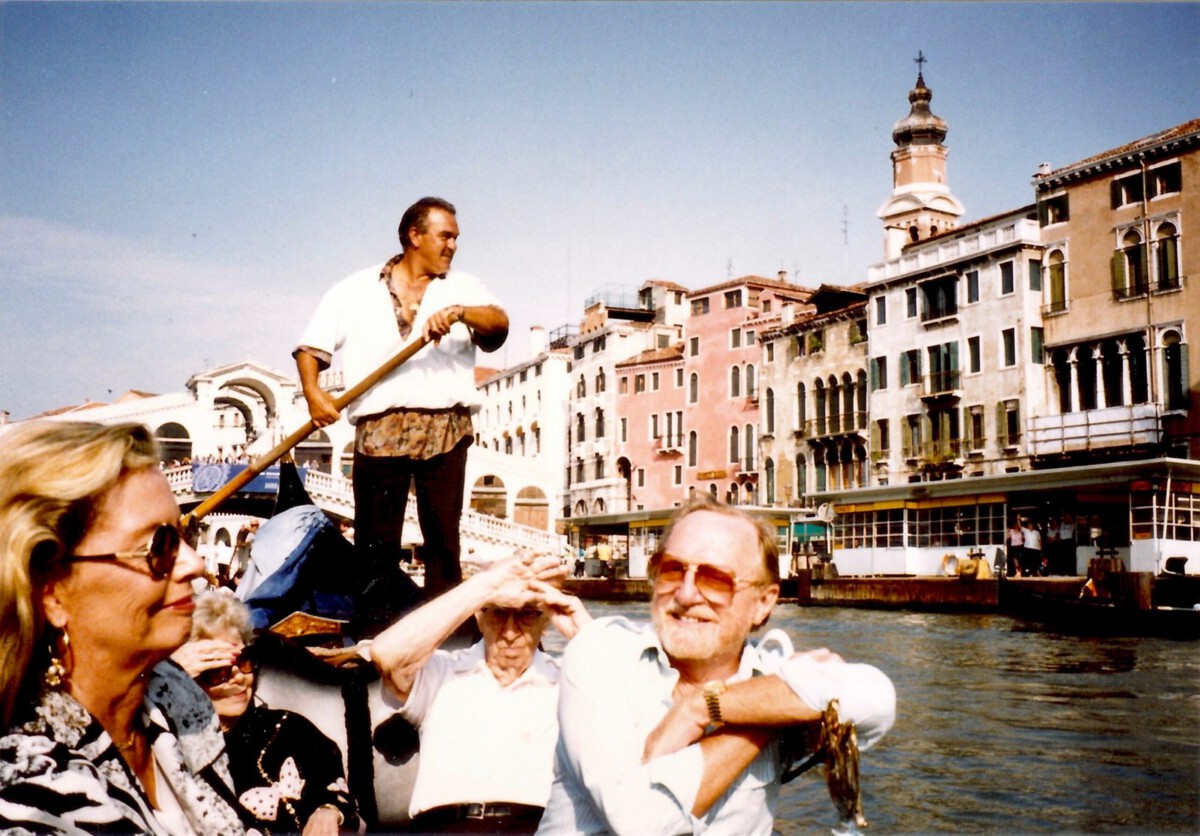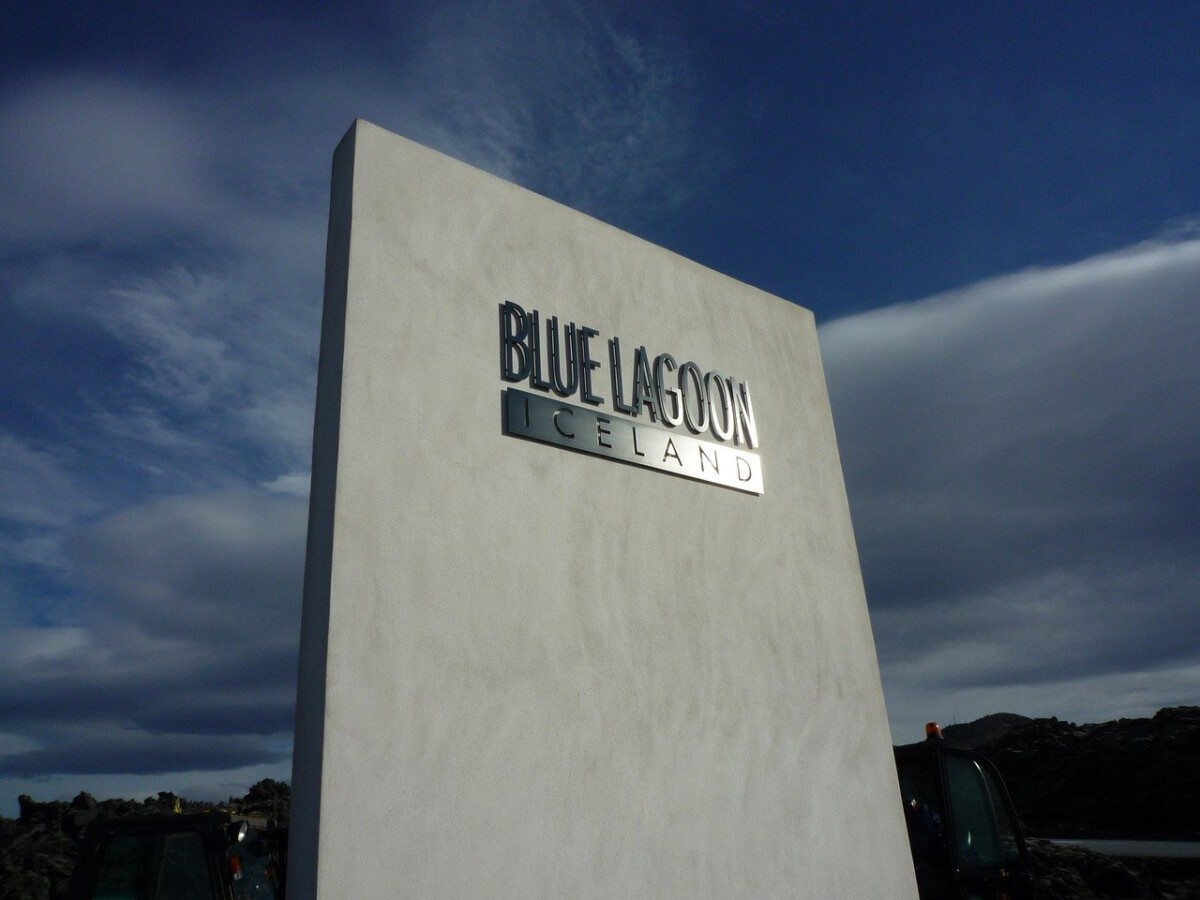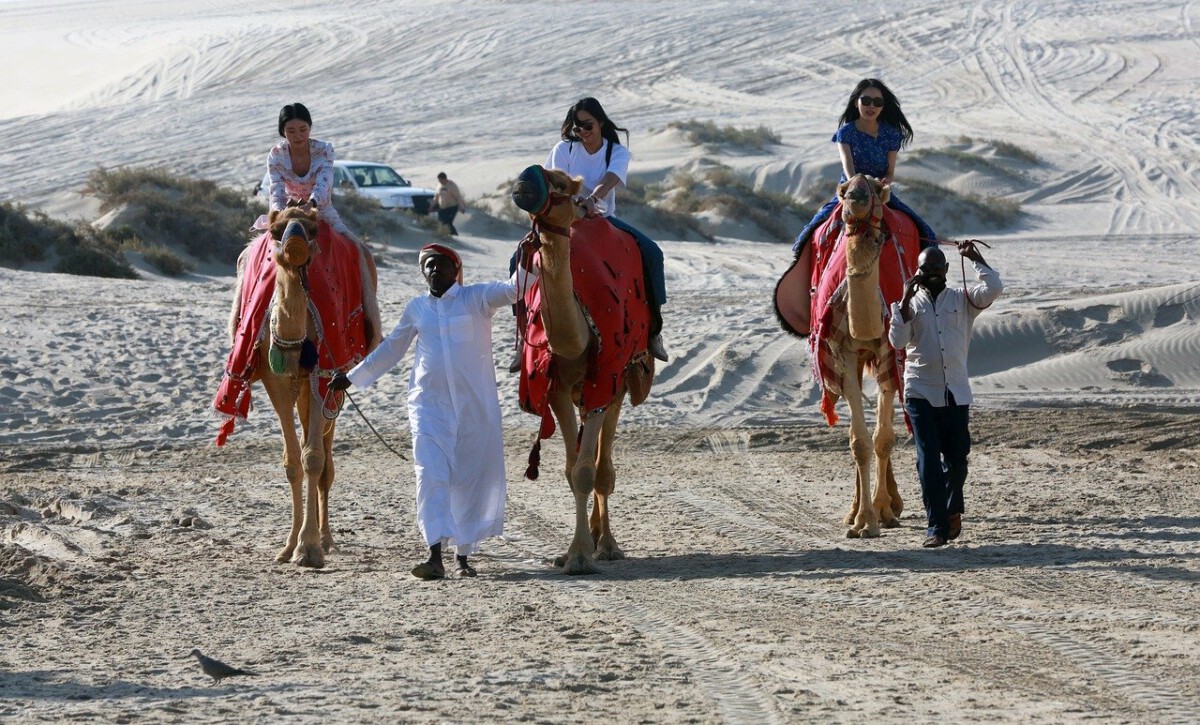The Rise of Experience Over Material Goods

It’s truly astonishing just how much millennials have reshaped what it means to travel. Unlike previous generations, millennials are far more interested in collecting memories than possessions. A 2022 survey by Booking.com revealed that 72% of millennials would rather spend on experiences than on things. This has led to a boom in adventure travel, local cultural immersion, and experimental stays, with Airbnb and boutique hotels emerging as favorites. Millennials are known for seeking out one-of-a-kind adventures, whether it’s a midnight food tour in Tokyo or hiking through Patagonia. Their trips are not just vacations—they are journeys for self-discovery and storytelling. The drive for authenticity means they often skip the tourist traps, instead choosing local markets, hidden cafes, and immersive workshops. For millennials, travel is about feeling alive and connected, not just snapping photos of famous monuments.
The Influence of Social Media

Social media platforms like Instagram and TikTok have become powerful engines for millennial wanderlust. According to Expedia, 60% of millennials say they’re inspired to travel by what they see online. Vibrant photos, influencer stories, and viral destination videos dictate the hottest trends and must-visit spots. Millennials are constantly on the hunt for those “Instagrammable” moments—a stunning sunset, an unusual mural, or a quirky café. The desire to capture and share unique travel stories pushes them toward offbeat locations and eye-catching experiences. Influencers and travel bloggers have become modern-day travel guides, often shaping itineraries more than traditional guidebooks ever did. Sharing travel moments isn’t just about bragging—it’s about connecting, inspiring, and being part of a global conversation. The social aspect of travel planning has never been this strong, and it’s changing the way the world is explored.
Sustainable Travel Practices

Millennials are raising the bar when it comes to responsible travel. They’re not just seeking a good time—they want to make sure their adventures don’t cost the planet. The World Travel & Tourism Council reported in 2021 that 70% of millennials are willing to pay extra for sustainable travel experiences. Eco-friendly hotels, carbon offset programs, and ethical wildlife tourism are now on their radar. Millennials research before booking, checking if their choices align with their environmental values. They’re often seen carrying refillable water bottles, avoiding single-use plastics, and choosing public transport or bikes over taxis. This generation wants to leave a positive impact, not a footprint, driving travel companies to adopt greener practices at every level. Their demand is clear: travel should help, not harm, the world.
The Shift Toward Remote Work and Digital Nomadism

The old rules of “work first, vacation later” are obsolete for many millennials. The pandemic fueled a dramatic rise in remote work, and millennials quickly realized they could take their jobs on the road. The MBO Partners survey found 16 million Americans identified as digital nomads in 2022, with millennials representing a significant portion. This means longer trips, sometimes months or years, blending work and play in ways never before possible. Co-working spaces have popped up in Bali, Lisbon, and Mexico City, tailored for travelers who need Wi-Fi and community. Millennials are turning travel into a lifestyle, not just a break from routine. The freedom to explore new places without quitting a job is a dream come true, and it’s rewriting the idea of what a “holiday” looks like.
The Importance of Personalization

One-size-fits-all vacations just don’t cut it for millennials. According to Travel Leaders Group, 80% of them crave personalized travel experiences that match their unique interests. Whether it’s a bespoke food tour, a private music lesson, or a guided hike off the beaten path, millennials want trips that feel made just for them. AI-powered travel apps and specialized agencies are rising to the challenge, offering tailored itineraries and suggestions. This drive for customization means even two friends visiting the same city might have entirely different experiences. Millennials want to feel special and understood, and travel providers are racing to deliver. The cookie-cutter tour bus is being replaced by curated, meaningful journeys.
The Popularity of Group Travel

Traveling solo is great, but for many millennials, sharing adventures makes them even sweeter. The Adventure Travel Trade Association found that 45% of millennials prefer group travel, often with friends or family. Group trips provide a sense of safety, shared costs, and, most importantly, shared memories. From yoga retreats in Costa Rica to hiking expeditions in New Zealand, group packages are tailored for this social generation. These experiences often feature team-building activities and opportunities to connect deeply, both with each other and with new cultures. Millennials see travel as a way to strengthen relationships, turning trips into milestones celebrated together. This focus on togetherness has led to a surge in travel companies offering group-centric adventures, hostels with communal spaces, and tours designed specifically for groups of friends.
The Impact of Technology on Travel Planning

The days of flipping through heavy guidebooks are long gone. Millennials rely heavily on technology when planning and booking trips. A Google survey found that 74% of millennials use their smartphones to research travel options. Travel apps, price comparison sites, and instant booking platforms make it easier than ever to find deals, read reviews, and plan spontaneously. Millennials love the freedom to change plans on the fly, and mobile technology puts that power in their hands. Real-time updates, navigation apps, and digital boarding passes streamline the whole experience. This tech-first approach has even led to a rise in last-minute and “surprise” travel, where trips are booked just days or hours before departure. Convenience and flexibility are everything, and technology delivers both in spades.
The Emphasis on Health and Wellness

Millennials aren’t just traveling for sightseeing—they’re seeking wellness and transformation. The Global Wellness Institute reports that wellness tourism has ballooned into a $639 billion industry, with millennials driving much of this growth. Yoga retreats in Bali, digital detox camps in the countryside, and nature-based adventures are all in high demand. Many travelers are prioritizing fitness, mindfulness, and relaxation, seeing travel as a way to recharge both body and soul. Healthy eating, spa treatments, and outdoor activities are more important than ever. This holistic approach to travel is reshaping what resorts and tour companies offer, with tailored wellness packages, healthy menus, and stress-relief programs. For millennials, feeling good is just as important as seeing new places.
The Role of Reviews and Recommendations

Millennials are the generation of crowdsourced wisdom. A TripAdvisor survey found that 83% of millennials trust online reviews as much as recommendations from friends. Before booking anything, they check ratings, read detailed feedback, and scan social media for authentic opinions. Businesses now live and die by their online reputations, and transparency is a must. Millennials want to hear real stories from real people, not polished marketing pitches. User-generated content, from blog posts to video reviews, holds more weight than glossy brochures. This feedback loop encourages travel companies to raise their game and provide consistently positive experiences. The voice of the traveler has never been more powerful.
The Future of Travel: Trends to Watch

As millennials continue to set the pace, new travel trends are emerging. Immersive technologies like virtual reality and augmented reality are beginning to offer previews and enhancements of real-world destinations. Flexible booking and cancellation policies are becoming standard, offering peace of mind in uncertain times. Sustainability, personalization, and digital innovation are no longer optional—they’re expected. Travel companies are racing to keep up, designing experiences that blend eco-consciousness, tech-savvy convenience, and unique adventures. The millennial desire for meaningful, memorable, and responsible travel is transforming the industry’s very foundation.




